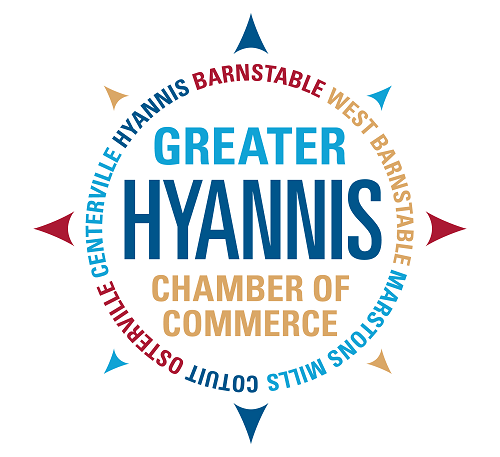Small business owners are more likely to have a small budget for digital marketing as compared with larger companies. For this reason, a small business owner needs to spend their digital marketing dollars strategically.
This article will explain how you can use SEO to get your website viewed by more of your target audience so you can spend your digital marketing budget on conversion efforts such as pay-per-click, email marketing, and paid ads on social media.
What is SEO?
SEO, or “search engine optimization,” is a technique to get a site or a page in front of more viewers, viewers that are looking for your product, your expertise, or on the buyer’s journey to buying your product or retaining your service.
There are two parts to SEO:
Identifying What Your Market is Searching For
Let’s say, for example, that you manufacture hand sanitizer and sell it directly to consumers through your website.
Google “hand sanitizer” and see what comes up. When I googled hand sanitizer, I got two paid ads, a “Top Stories” news feed, and a section called “Common Questions.”
First, the fact that there are paid ads by manufacturers and retailers of hand sanitizer may indicate that you could draw business by placing an ad.
Second, the “Common Questions” section gives us an opportunity to rank for the answers to searcher’s queries. Here are the questions that Google initially gave me:
- What kind of hand sanitation does the CDC recommend?
- What type of hand sanitizer should I use during the COVID-19 pandemic?
- Is it ok to use non-alcohol-based hand sanitizer instead of alcohol-based ones during the COVID-19 pandemic?
People who want to purchase hand sanitizer are clearly looking for more information. Answering these questions will help your rank and put you in front of more searchers on their buyer’s journey.
You can get more queries by clicking on the queries Google initially gave you. For example, when I clicked on the first question, the list expanded to include:
- What does it mean when the label of my hand sanitizer says “alcohol?”
- Why is it unsafe to use certain alcohol-based hand sanitizers?
- How should you wash your hands to prevent the spread of COVID-19?
- How much alcohol should my hand sanitizer have?
- What percentage of alcohol in hand sanitizer is enough to replace hand washing during the COID-19 pandemic?
- Should I use soap and water or hand sanitizer to protect against the coronavirus disease?
“People Also Ask” and “Common Questions” are free resources for you to use to attract your potential customers. Here’s how:
Creating Content that Addresses Those Queries
Once you have identified queries that your potential customers are searching for, now it is time to create content that answers those queries. Be sure to include the exact language, word-for-word, of the query you are answering, and be comprehensive.
Where to Employ SEO on Your Business Site
Optimize Blog Posts
You can title a blog post on your site as the query, and then go about answering it. Using related questions as Header 2 or Header 3 will help Google recognize the relevance of your post to that query. Be sure to end with a call to action.
Using the hand sanitizer example, you might create a blog post this way:
<H1> What does it mean when the label of my hand sanitizer says “alcohol?”
<H2>How much alcohol should my hand sanitizer have?
<H2>Why is it unsafe to use certain alcohol-based hand sanitizer?
<H2>Should I use soap and water or hand sanitizer to protect against the coronavirus disease?
<H3>What percentage of alcohol in hand sanitizer is enough to replace hand washing during the COID-19 pandemic?
<H2> Use the kind of hand sanitation the CDC recommends?
(describe your product as aligning with the viewers best interest with regard to all these queries, and include a call to action and a link to your product page)
Optimize Service or Product Pages
Your service or product page should include queries word for word, perhaps in an FAQ where you answer them.
Optimize Location Pages
If you offer a local service, you must have location pages on your business site. Again, the content of these pages should reflect what people are searching for. For example, if you are a car mechanic, search for “car mechanic.” When I did so, Google provided a map and links to local car mechanic shops near me. Google also offered a “People also ask” section showing what people searching for a car mechanic look for.
Title your location page “Car Mechanic in YourTown” and describe the services you provide. Make other location pages with the same format but vary the content, titled “Affordable Car Mechanic Serving NextTownOver,” “Reliable Car Mechanic Serving YourCounty,” etc.
Any small business owner can use these simple techniques to get their business site viewed by more people interested in their product or service. Good luck with your digital marketing!
About the Author
Roni Davis is a writer, blogger, and legal assistant operating out of the greater Philadelphia area. She frequently works with CMOX, providers of part-time CMO services.

























